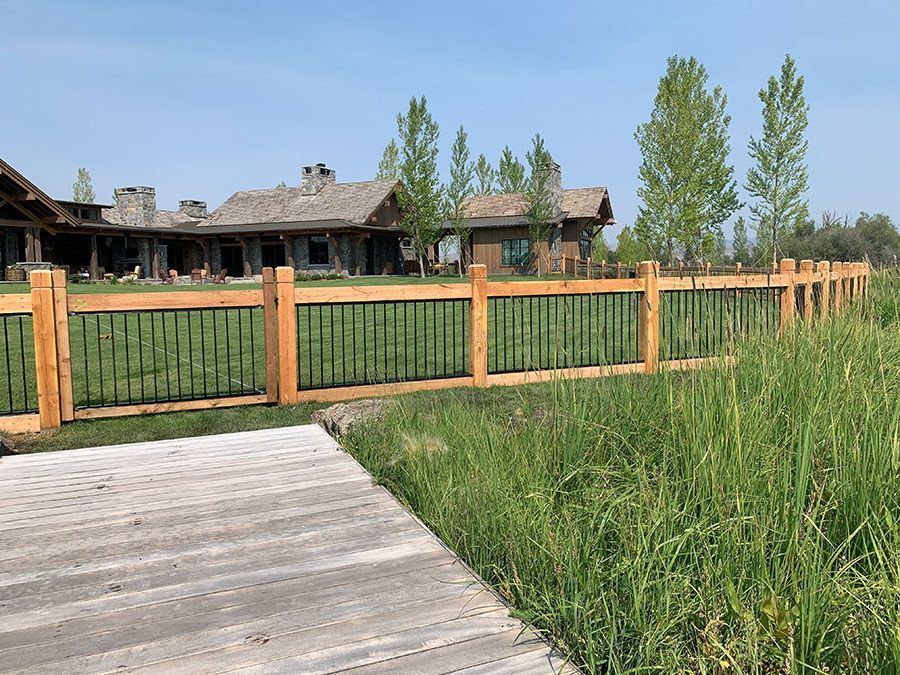Installing continuous panel fencing can be easy—if you steer clear of these common mistakes.
1. Poor Site Preparation
Preparing the site properly is crucial for a successful fence installation. Skipping this step may cause problems down the line. Here are some common errors:
- Failing to clear debris and vegetation from the site.
- Not leveling the ground properly before installation.
- Ignoring soil testing to ensure stable post placement.
Tip: Don’t rush the site preparation; a little extra time spent here will save you trouble in the long run.
2. Incorrect Measurements
Accurate measurements are the foundation of a successful fence installation. Errors here can lead to wasted materials and uneven sections. Key issues include:
- Not measuring the entire perimeter of the fence line.
- Failing to account for gates and access points.
- Misjudging panel spacing or post placement.
Tip: Always verify your measurements and develop a comprehensive plan before proceeding.
3. Choosing Cheap Materials
Choosing lower-quality materials to save costs might seem tempting, but it often results in higher expenses in the long run due to repairs or replacements. Mistakes include:
- Using untreated or low-grade metal panels prone to rust.
- Choosing subpar hardware that weakens over time.
- Opting for cheaper finishes that don’t withstand harsh weather.
Tip: Invest in high-quality, durable materials for a fence that lasts.

4. Not Checking Local Fencing Codes
Each region has its own rules and regulations regarding fencing. Overlooking these can result in fines, disputes, or even the need to remove your fence. Common oversights include:
- Failing to check zoning laws and property boundaries.
- Skipping permit applications where required.
- Violating height restrictions or setback requirements.
Tip: Don’t skip zoning checks or permits—consult with local authorities to avoid problems.
5. Tips for a Successful Installation
To ensure a smooth installation process and avoid common mistakes, consider these tips:
- Plan Ahead: Make a clear plan, including all measurements and materials, before starting.
- Use the Right Tools: Make sure you’ve got all the tools you need—post-hole diggers, levels, and drills are key.
- Work with Professionals: If you’re unsure about any step, consult experienced installers to guide you through the process.
- Inspect as You Go: Inspect the installation as you progress to spot mistakes and fix them early.
Conclusion
Avoiding these common mistakes will ensure a smooth installation, resulting in a durable and attractive fence. Need help? Contact Montana Fence for guidance and professional installation services.